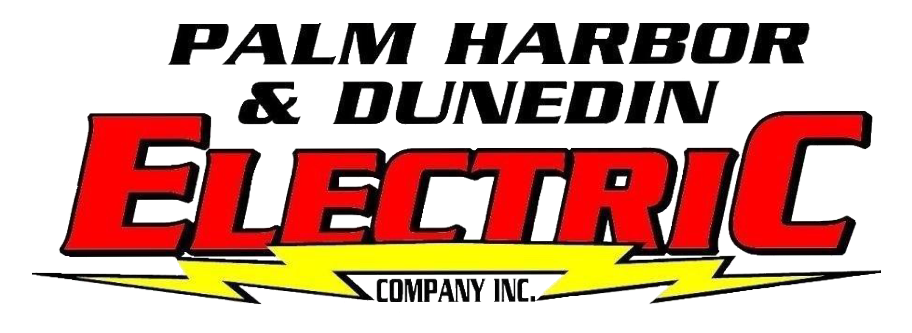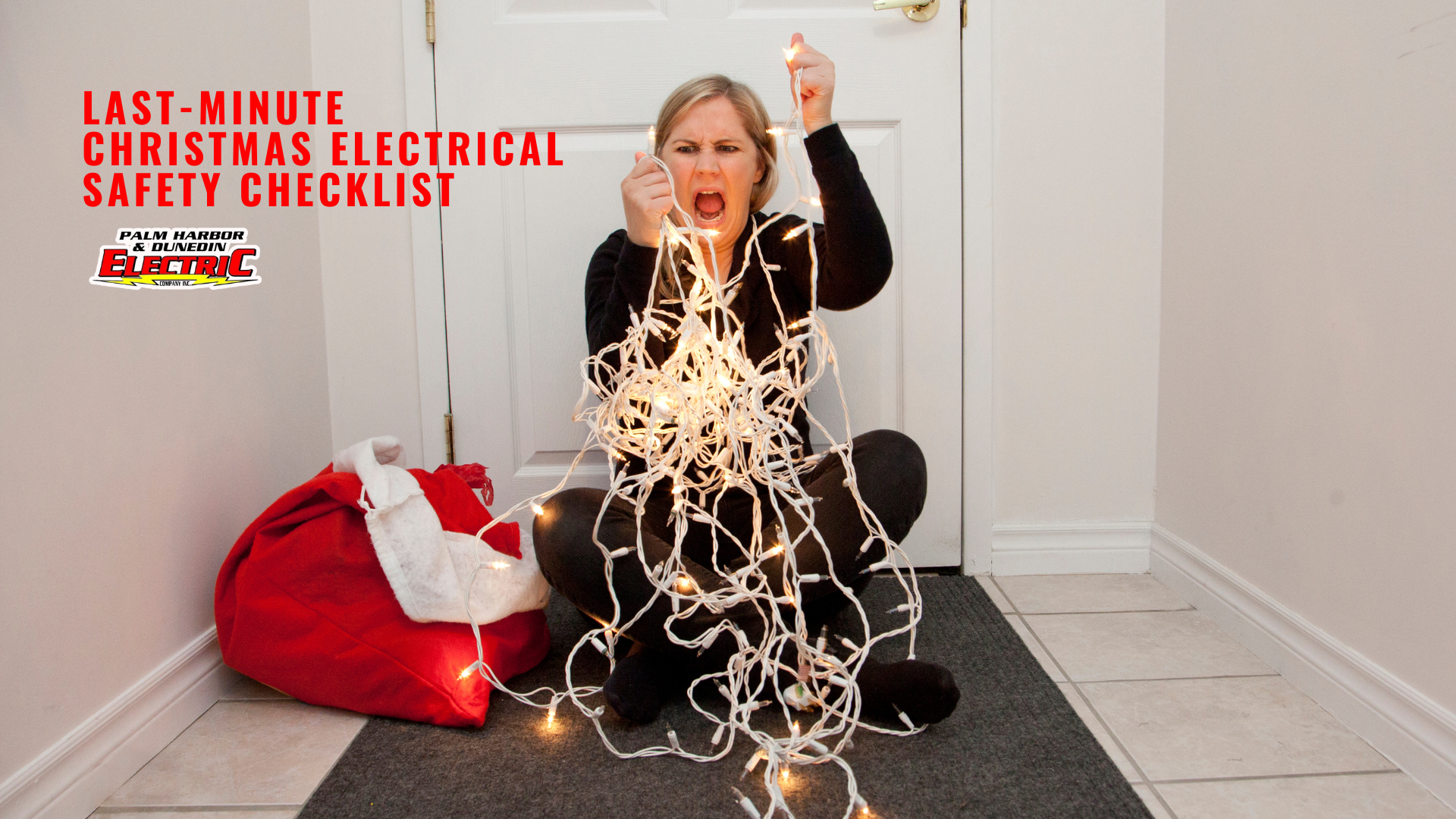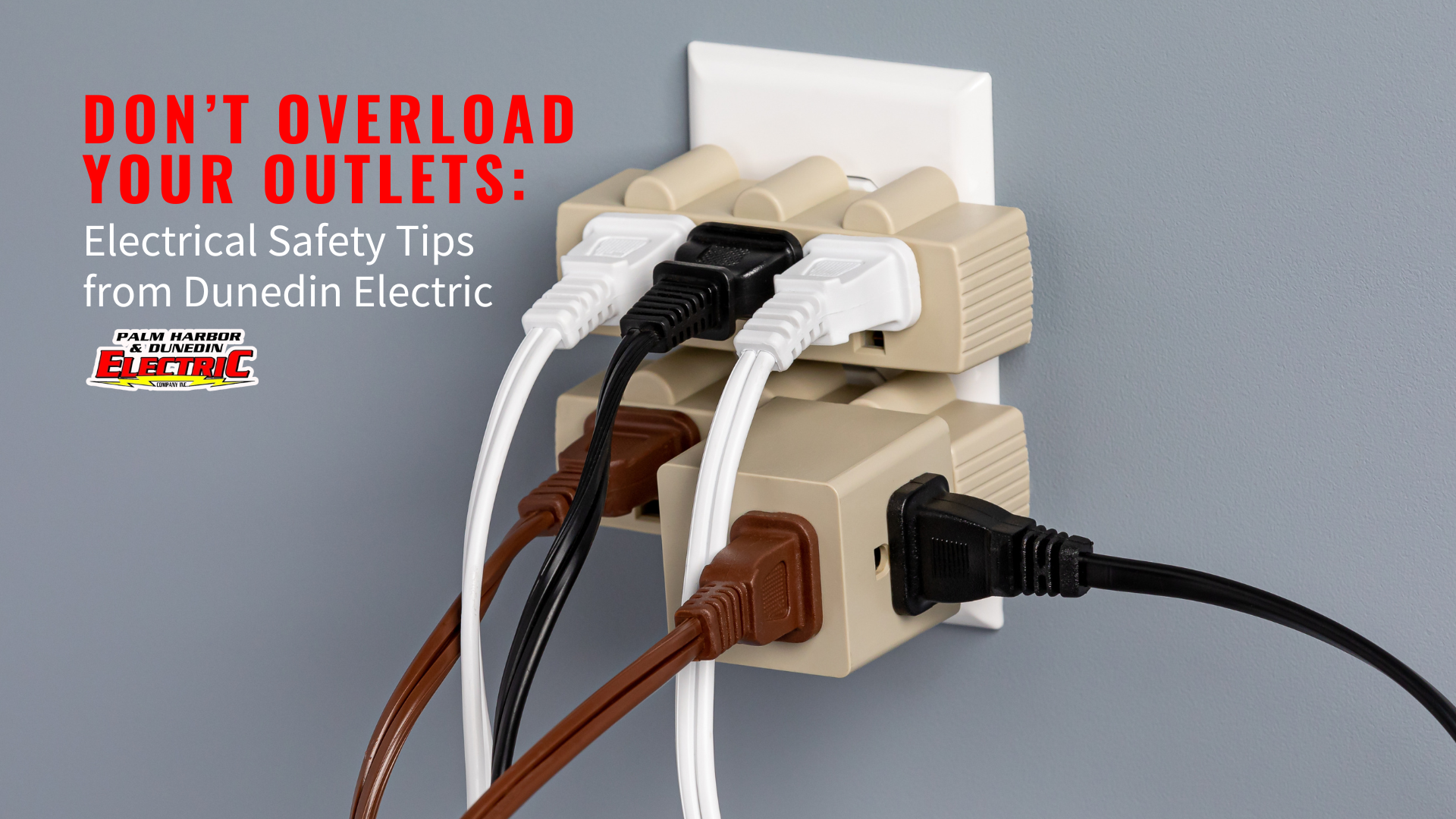Best Practices to Prevent Electrical Accidents
Best Practices to Prevent Electrical Accidents
Electrical Safety Tips
Electricity powers our modern world, but it also poses significant risks if not handled properly. Electrical accidents can lead to injuries, property damage, and even fatalities. In this article, we'll explore crucial safety practices to prevent such accidents, ensuring a safer environment for both home and workplace.

Preventing Electrical Accidents through Proper Grounding
- Understand Grounding: Proper grounding ensures that excess electrical current has a safe path to the earth, preventing electric shocks and fires. Ensure all electrical systems are adequately grounded according to local codes and standards.
- Install Ground Fault Circuit Interrupters (GFCIs): GFCIs detect imbalances in electrical currents and quickly shut off power to prevent shocks. Install GFCIs in outlets located in wet or damp areas such as kitchens, bathrooms, and outdoor spaces.
- Regular Inspections: Conduct routine inspections of grounding systems to ensure they're functioning correctly. Look for signs of wear or damage and address any issues promptly.
Preventing Electrical Accidents by Avoiding Overloading Circuits
- Know Circuit Ratings: Understand the electrical load capacity of each circuit in your home or workplace. Avoid plugging too many devices into a single outlet or circuit, as this can lead to overheating and electrical fires.
- Use Power Strips Wisely: While power strips can provide additional outlets, they should not be used to overload circuits. Avoid daisy-chaining power strips or connecting high-power appliances to them.
- Spread the Load: Distribute electrical devices across multiple circuits to prevent overloading. Consider hiring a licensed electrician to install additional circuits if needed, especially in areas with high power usage.
Preventing Electrical Accidents by Using GFCI Outlets in Wet Areas
- Install GFCIs Near Water Sources: Water and electricity are a dangerous combination. Install GFCI outlets near sinks, showers, bathtubs, and outdoor areas to protect against electric shocks in wet conditions.
- Test GFCIs Regularly: GFCIs should be tested monthly to ensure they're functioning correctly. Press the test button to simulate a fault and verify that the power is cut off. If a GFCI fails to trip, replace it immediately.
- Educate Household Members: Ensure everyone in your household understands the importance of GFCI outlets and how to use them safely. Emphasize the need to keep electrical devices away from water sources to minimize the risk of accidents.
Fixing the Electrical Accidents
Electrical safety is paramount to protect yourself, your loved ones, and your property. If you encounter any electrical issues or need expert assistance to address the aftermath of electrical accidents, don't hesitate to contact Palm Harbor & Dunedin Electric at 727.773.1622. Our experienced electricians are dedicated to ensuring the safety and reliability of your electrical systems.
















